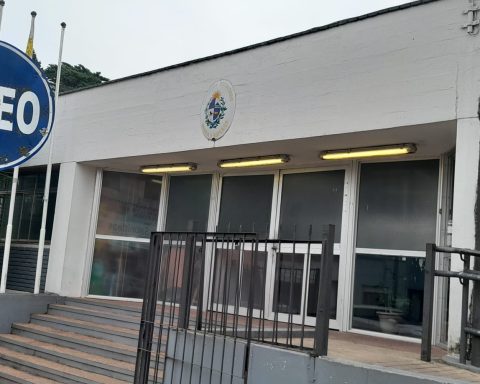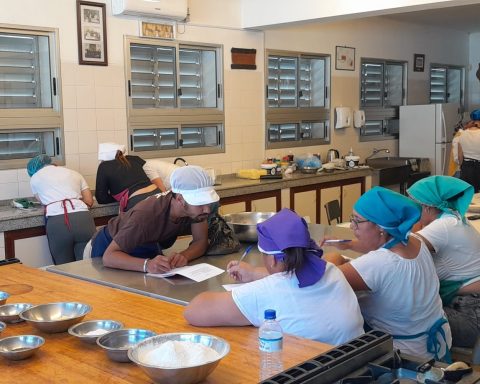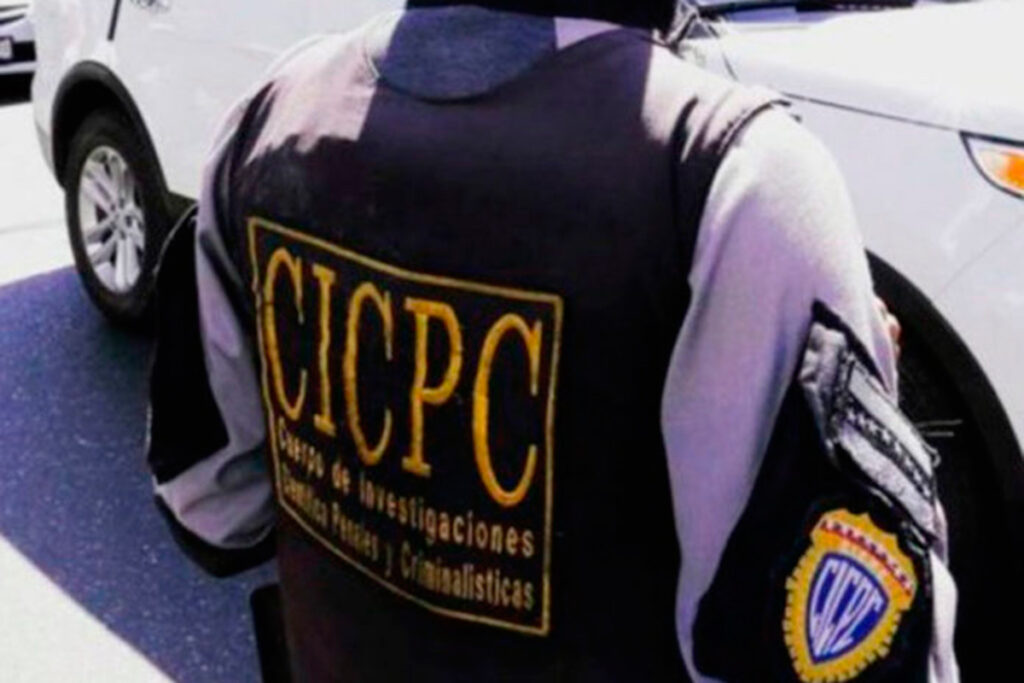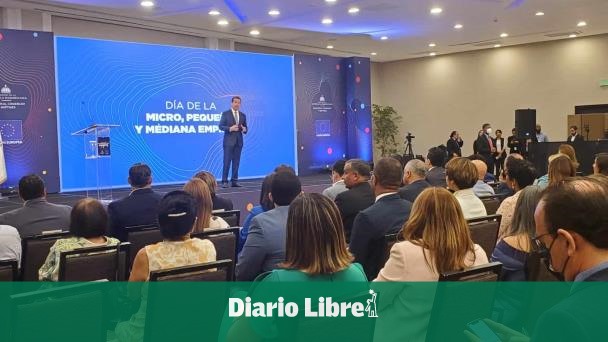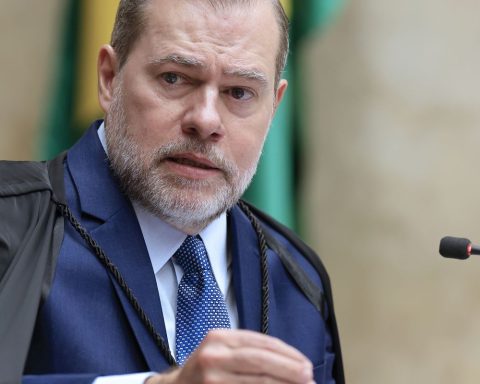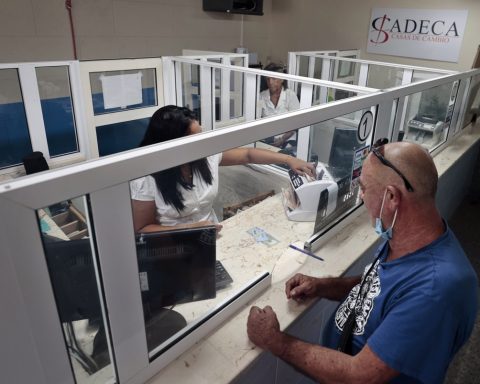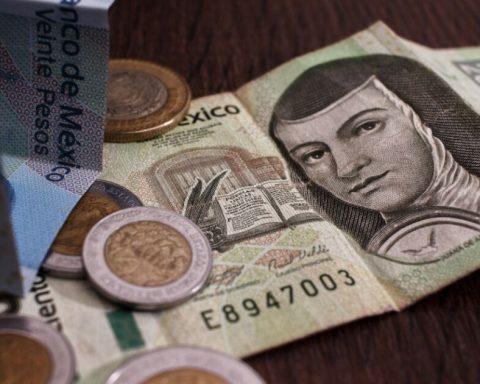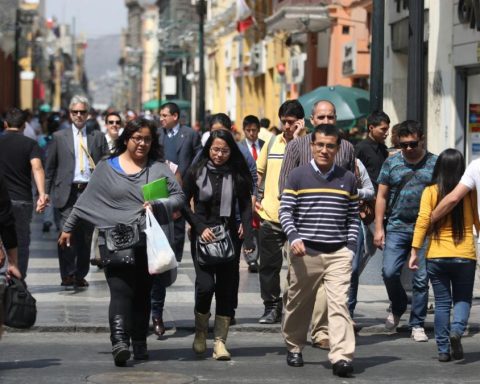The lawyer and former prosecutor of the Nation, Jorge Díaz, rejected the idea that the Attorney General’s Office be led by a triumvirate. There he referred to the initiative that Gustavo Zubía, also a former prosecutor, has been working on for some time, who six days ago stated that “The president has to appoint a definitive court prosecutor or a collegiate. It cannot be that he follows the surrogate (Gómez) when there are very difficult issues ».
“I don’t know of any country in the world where the Prosecutor’s Office is run by a triumvirate. It would be the same if the Montevideo Police Headquarters had a triumvirate and not a Police Chief. Or that the Ministry of the Interior had a triumvirate and not a minister, ”he explained yesterday, Monday the 27th, when asked if he approved or rejected the idea of a triumvirate.
He added to the response that «The task of the prosecutor is a task of investigating and accusing, not of deliberating and passing sentence. From what I heard out there, it could also generate something that I feared and if the triumvirate is formed, it could end up materializing: the exchange of figures (that there are actors from the political system in the Justice system). That it ends up partisan and politicizing an activity that should be essentially professional, “he said in an interview with the Informal Breakfast program (Channel 12).
Díaz also had words for the changes produced by the creation and application of the Urgent Consideration Law (LUC). “The LUC was one of many (rules) that went in the same direction. It allows a woman who enters 50 grams of marijuana (to prison) to go to prison for four years, and a drug trafficker with 400 kilos of marijuana to go to house arrest.
He added that for a long time he has been against the privileges enjoyed by legislators in Parliament, but much more he rejects the immunity that deputies and senators have. “I am referring to the immunity that legislators have, for their statements and opinions in the exercise of their functions. That immunity is absolute. Civil and criminal. A legislator can say anything, like insult, insult and everything else, and he is not responsible neither civil nor penal. So, immunity is one thing and privileges are another thing,” he said.
In reflection mode, Díaz asked if parliamentary privileges make sense today. “I do not think so. I am convinced that no. And in any case, if that were the case, because apart from it being a corporate aftertaste, the peers themselves are the ones who judge. In other countries there are fueros but they are manifested in another way. For example, there is a special jurisdiction. In Brazil, judging the President of the Republic can only be done by the Supreme Court, judging the Governor of a State can be done by the Supreme Court of that State. But here, it is the peers who officiate as judges, it is corporate. But it is our constitution. And more today, June 27, we have to defend it, but that does not mean that we cannot agree with some things,” said Díaz.
Asked about the questions received by the Court Prosecutor, he said that since he no longer belongs to the institution, he understands that it is not appropriate for him to issue an opinion on the matter. He recalled that today the country has a Court Prosecutor and an Attorney General of the Nation, whose name is Juan Gómez. “It is to him that you have to ask all these things. Not me. I already retired.”

